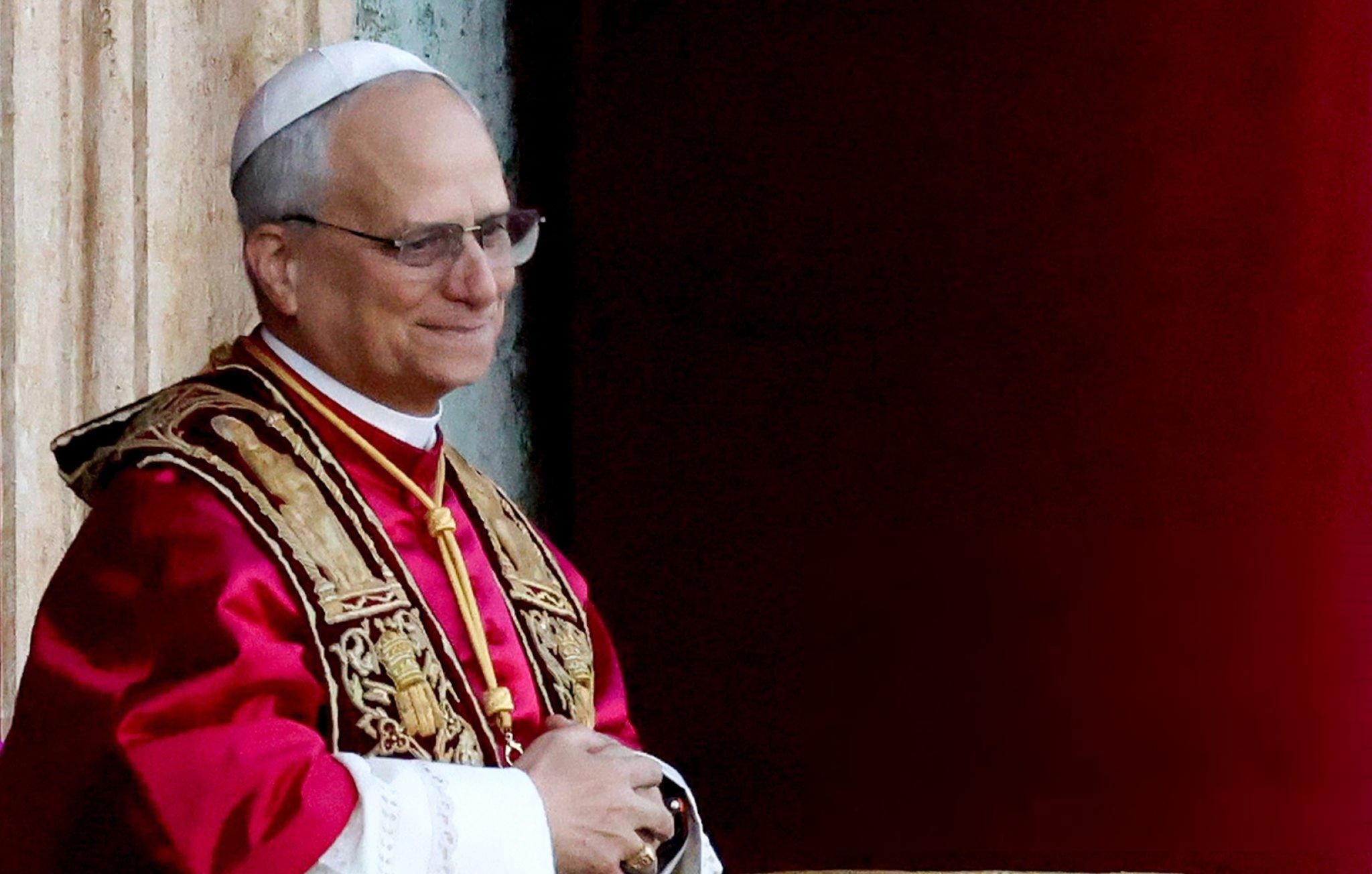New pope elected: Robert Prevost named first american pontiff in history
Vatican city, 8 may 2025 — History was made on thursday as white smoke emerged from the chimney of the sistine chapel, signalling to the world that the college of cardinals had chosen a new pope. In an unprecedented moment for the Roman catholic church, American-born Cardinal Robert Prevost was elected as the next pontiff, becoming the first ever pope from the United States. He will take the papal name Leo XIV.
The announcement was delivered by French Cardinal Dominique Mamberti, who stepped onto the balcony of St Peter’s Basilica to greet the waiting crowd. As bells rang out across vatican city, he proclaimed, “Habemus Papam!” — “We have a pope!” — introducing Prevost as the new spiritual leader of the world’s 1.3 billion Catholics.
Leo XIV succeeds Pope Francis, who passed away on 21 april at the age of 88, following complications linked to his long-standing respiratory problems. Pope francis, born Jorge Mario bergoglio in buenos aires, argentina, led the church for over 12 years and was known globally as “The people’s pope” for his humble manner and progressive views. His death marked the end of an era characterised by efforts to modernise church doctrine and embrace a more inclusive stance.
Cardinal Prevost, 69, hails from chicago and has spent much of his clerical life working in Latin America and Rome. He was appointed prefect of the dicastery for bishops in 2023 by Pope Francis, indicating the late pope’s confidence in his leadership abilities. His international experience and multilingual fluency have made him a respected figure among both conservative and progressive factions within the church.
This historic conclave gathered the largest group of electors in papal history — 133 cardinals — many of whom had been appointed by pope francis himself. Despite this, several cardinals had never met in person until the conclave commenced. In a surprisingly swift decision, the conclave concluded in just over 24 hours, a notably shorter duration compared to previous elections that have often taken multiple days.
The election of an american pope is a significant shift in the church’s historical tradition. Until now, every pontiff for more than a millennium has been European, with the majority hailing from Italy. Leo XIV’s election reflects the shifting demographics of the catholic world, where growth is increasingly seen in the Americas, Africa, and Asia.
Pope Leo XIV is expected to continue many of Francis’s reformist priorities, though his specific agenda remains to be seen. In his first address from the balcony, he thanked his predecessor for his “vision of a church of mercy and openness” and called on the faithful to unite in prayer “for peace, justice, and the sanctity of all human life.”
Francis’s papacy will be remembered for its progressive tone on global issues including LGBTQ+ rights, climate change, and economic inequality. His final public statement, “There can be no peace without freedom of religion, freedom of thought, freedom of expression,” encapsulated his broader appeal beyond traditional church boundaries. While admired by many, his tenure was not without controversy, particularly concerning his ambiguous stance on women’s roles in the church and a homophobic remark that drew global criticism last year.
As the world watches this historic transition, many catholics are hopeful that Leo XIV will guide the church into a new era of renewal and global unity. His election not only marks a geographical shift but signals the church’s willingness to embrace broader perspectives in the face of 21st-century challenges.






